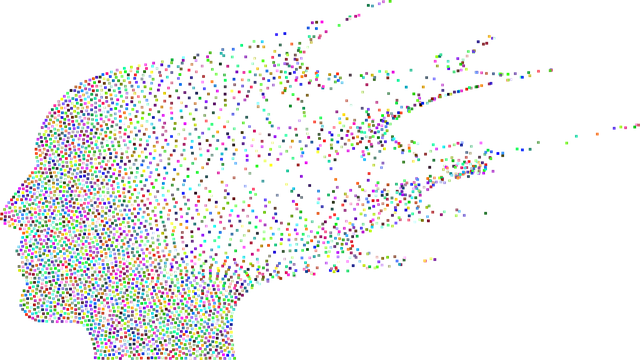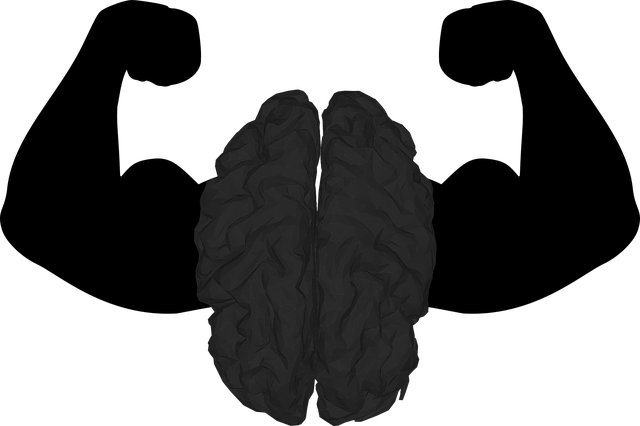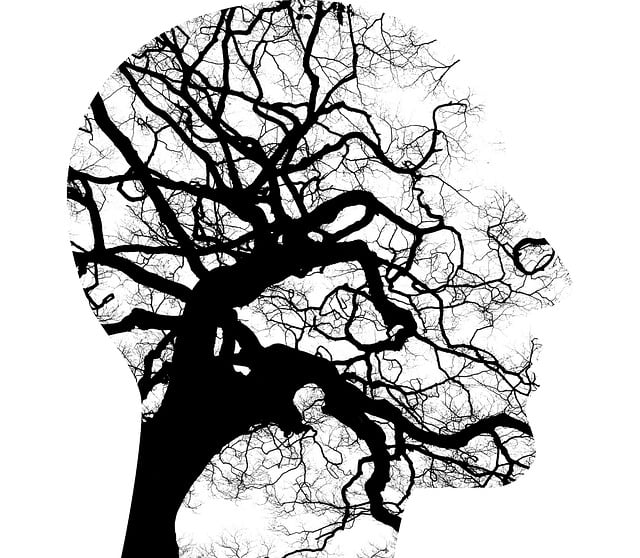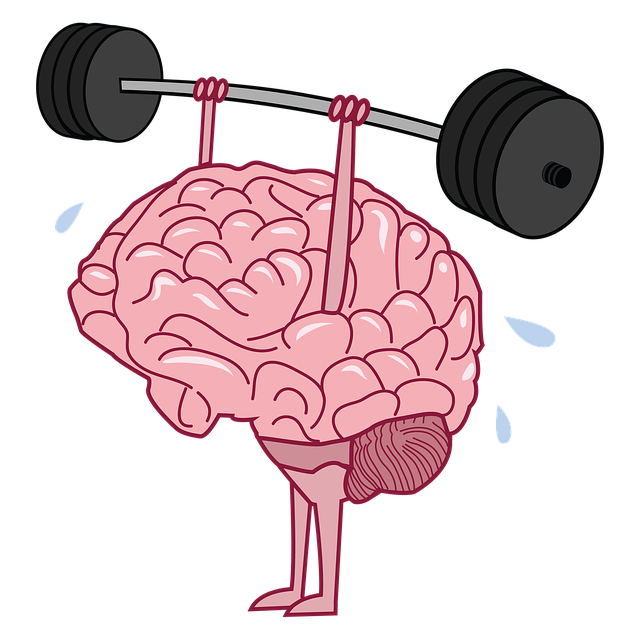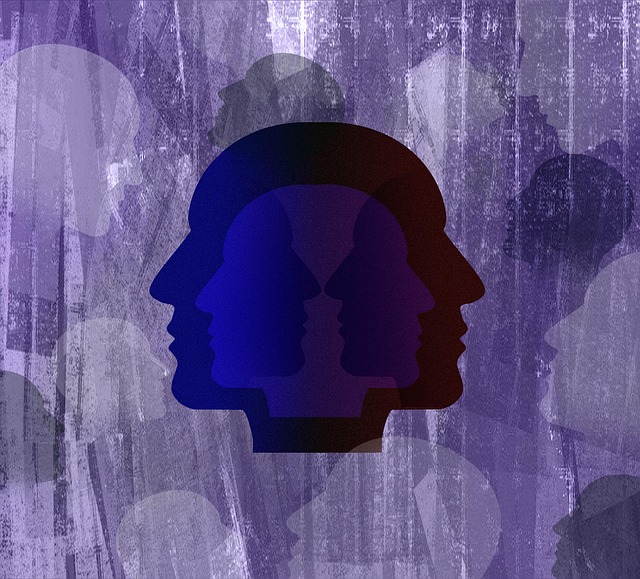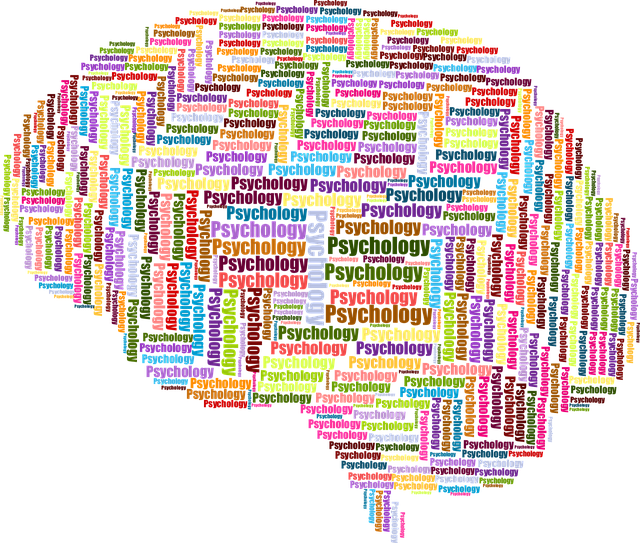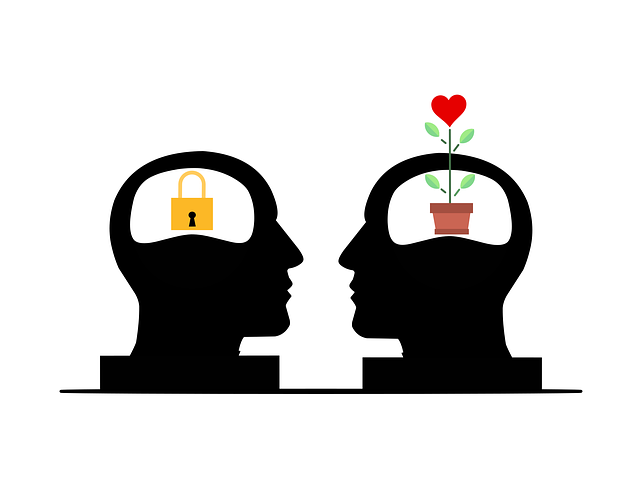Colorado Springs Geriatrics Therapy emphasizes social skills training as a key mental health intervention, addressing depression, anxiety, and cognitive decline by enhancing active listening, empathy, conflict resolution, and assertiveness. Their personalized, multi-modal approach combines group sessions, individualized therapy, journaling exercises, and mindfulness meditation to build confidence, improve communication, and create supportive relationships, ultimately enriching the quality of life for seniors facing isolation or cognitive issues.
Social skills training is a powerful tool for managing mental health conditions, offering a holistic approach to patient care. This article explores the intricate link between social abilities and mental wellness, highlighting the significant role of programs like those provided by Colorado Springs Geriatrics Therapy. We’ll delve into key components making these programs effective and discuss benefits, along with strategies for successful real-world implementation.
- Understanding the Link Between Social Skills and Mental Health
- The Role of Colorado Springs Geriatrics Therapy in Training
- Key Components of Effective Social Skills Training Programs
- Benefits and Implementation Strategies for Real-World Application
Understanding the Link Between Social Skills and Mental Health

In the realm of mental health support, social skills training emerges as a powerful tool for enhancing overall well-being, particularly in communities like Colorado Springs Geriatrics Therapy where addressing social needs is vital. The link between social skills and mental health is an intricate one; isolated individuals often face heightened risks of developing conditions such as depression, anxiety, and even cognitive decline. Social skills training aims to empower individuals with the ability to connect, communicate, and engage effectively in social settings, thereby fostering a sense of belonging and improving their overall mental wellness.
This approach goes beyond mere conversation; it involves developing active listening, empathy, conflict resolution, and assertiveness skills. Mental Wellness Coaching Programs Development can play a pivotal role here by offering tailored training sessions that cater to diverse populations. By integrating Stress Reduction Methods, these programs help individuals manage social stressors and develop coping mechanisms, thereby improving their ability to navigate social interactions. Furthermore, advocates for Mental Health Policy Analysis and Advocacy emphasize the importance of community-based interventions, ensuring that accessible services like Colorado Springs Geriatrics Therapy are equipped to address not just symptoms but also the underlying social factors contributing to mental health challenges.
The Role of Colorado Springs Geriatrics Therapy in Training

Colorado Springs Geriatrics Therapy plays a pivotal role in empowering individuals to navigate and overcome mental health challenges through comprehensive social skills training programs. Recognizing the intricate link between social connections and mental wellness, this specialized therapy focuses on fostering resilience and enhancing interpersonal interactions. By employing evidence-based techniques, the experienced therapists at Colorado Springs Geriatrics Therapy help clients develop essential skills for effective communication, conflict resolution, and building supportive relationships.
This tailored approach not only addresses the symptoms of conditions like depression but also equips individuals with the tools to prevent relapses and promote long-term mental wellness. Through group sessions and individualized therapy, clients learn to navigate social situations with confidence, boost their self-esteem, and cultivate a sense of belonging. Colorado Springs Geriatrics Therapy stands as a beacon of hope, empowering folks to embrace resilience building and depression prevention while enriching their overall quality of life.
Key Components of Effective Social Skills Training Programs

Effective social skills training programs for mental health conditions should incorporate several key components to ensure success. Firstly, they must be tailored to address specific needs and challenges faced by individuals with various mental health diagnoses. This personalization includes tailoring activities and goals to match cognitive abilities, communication styles, and social comfort levels. Secondly, a multi-modal approach is essential, integrating techniques from Colorado Springs Geriatrics Therapy, such as role-playing scenarios, group discussions, and Mental Wellness Podcast Series Production to create engaging and dynamic learning environments.
Additionally, regular practice opportunities are crucial for skill development. Mentors or therapists should provide Mental Wellness Journaling Exercise Guidance, encouraging individuals to reflect on social interactions and identify areas for improvement. Incorporating Mindfulness Meditation practices can enhance self-awareness and emotional regulation, enabling participants to navigate social situations with greater confidence and resilience.
Benefits and Implementation Strategies for Real-World Application

Social skills training plays a pivotal role in enhancing mental health outcomes, particularly for individuals managing conditions that impact social interactions. Through structured programs, clients learn to navigate social situations with greater ease, fostering better connections and improving overall well-being. This approach is highly beneficial for seniors facing isolation or cognitive challenges, as it encourages active participation in community life and boosts self-confidence.
Implementing these strategies effectively requires a tailored, real-world application focusing on resilience building and mood management. Colorado Springs Geriatrics Therapy, for instance, can leverage group therapy sessions to practice social skills while addressing cultural sensitivity in mental healthcare practice. By creating safe spaces where individuals feel understood and valued, therapists enable meaningful interactions that promote positive mental health. This holistic approach not only enhances communication but also strengthens support networks, ultimately contributing to a more inclusive and supportive environment for all.
Social skills training, backed by evidence from programs like Colorado Springs Geriatrics Therapy, plays a pivotal role in enhancing mental health outcomes. By focusing on key components such as communication, empathy, and group interaction, these training programs offer significant benefits for individuals grappling with various mental health conditions. Integrating these strategies into real-world settings can foster better social connections, improve quality of life, and promote resilience. Colorado Springs Geriatrics Therapy serves as a beacon, demonstrating the power of tailored interventions to transform lives and create supportive communities.
